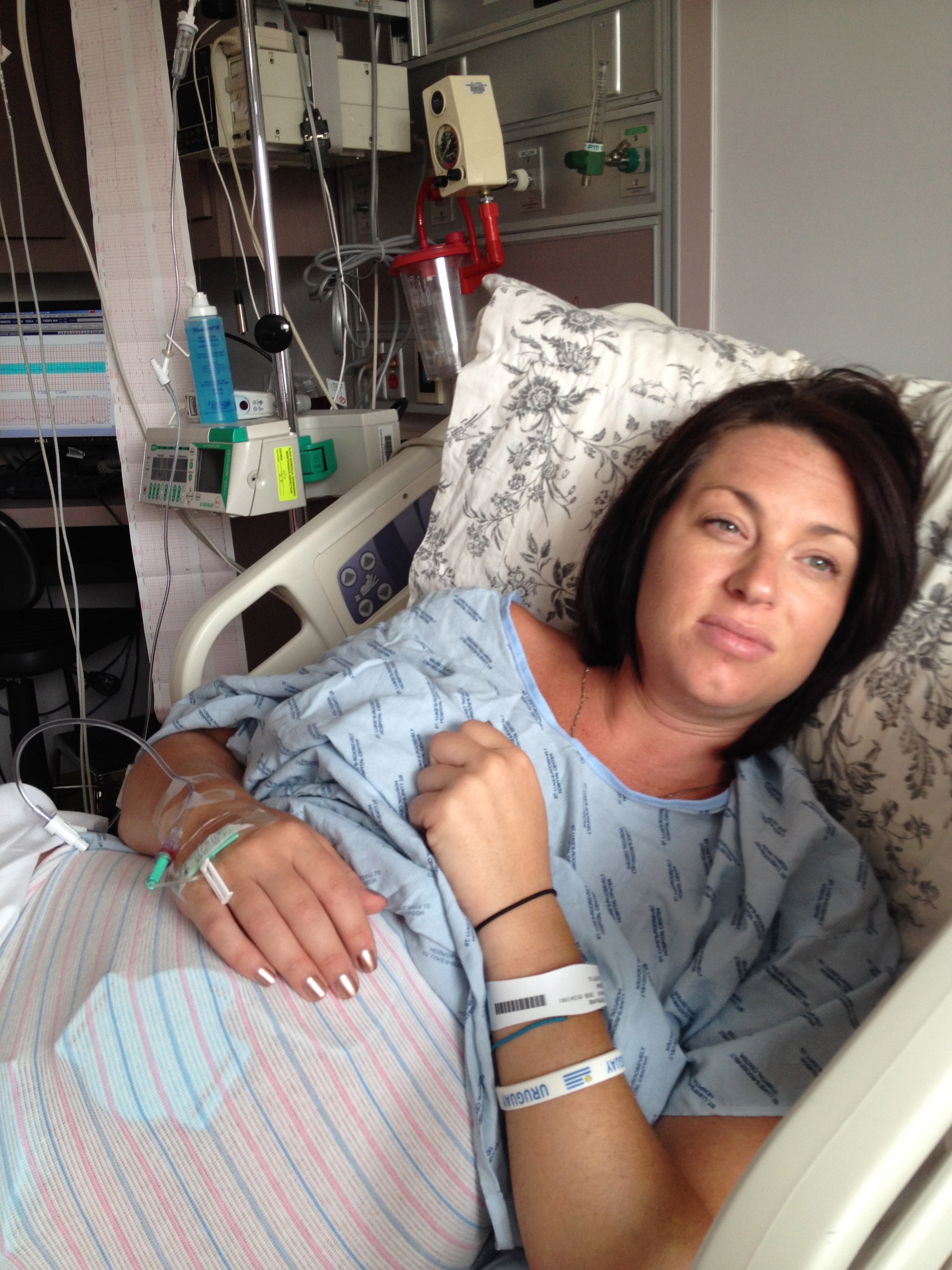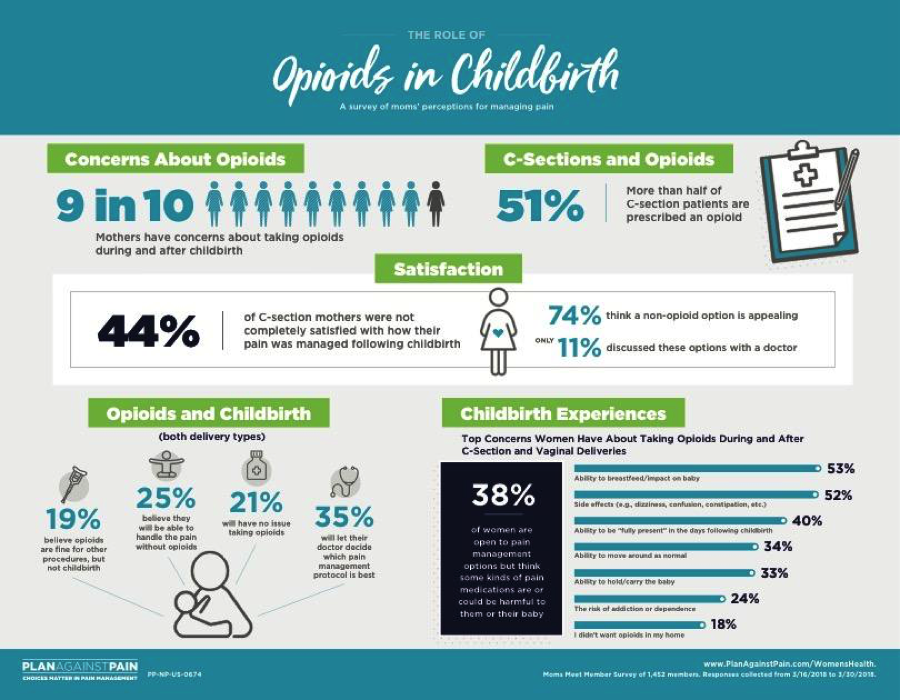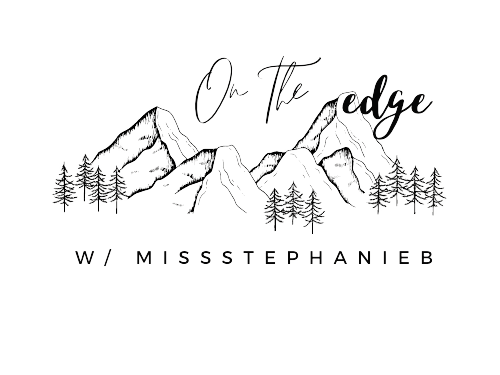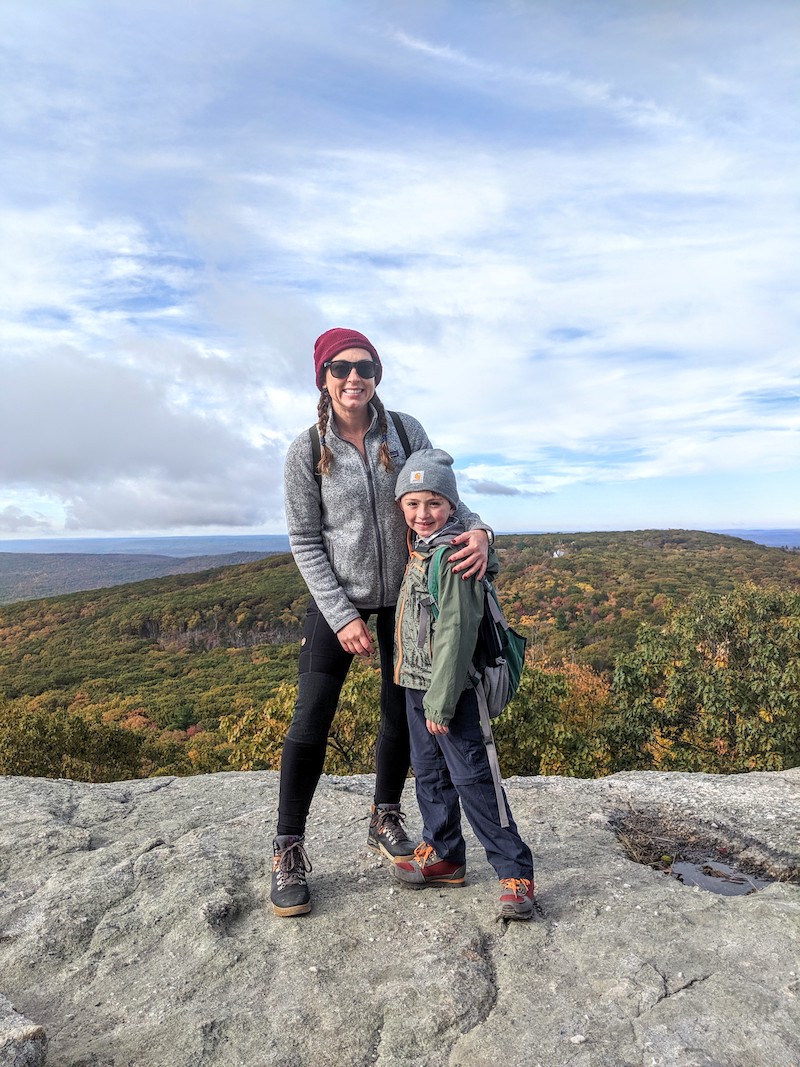This is a sponsored post on behalf of Plan Against Pain and Momsmeet.com. All opinions are my own.
Childbirth is one of those rare moments in life that is truly only yours. No one will ever have the same experience, and to anyone who has – they will tell you incredible tales of survival, love, pain and even out of body experiences. All of it is worth it.
However, one thing we all do have in common is the pain. Whether natural or C-section, recovering from that single moment in time, takes time.
TMI alert, but the story should be told. (Maybe any guy who plans to date this single mom should skip this part haha) I had a natural birth. Maximo came out head up and his arms crossed which means at his widest point, he was even wider. This means I was ripped open, and instead of Max being placed directly into my arms, he went over to the nurse so the doctor could perform a quick stitch up so I didn’t bleed to death, basically.

It all happened so fast that I don’t really remember the pain – but I remember the pain AFTER the fact. Frozen bags of peas and Ibuprofen can only go so far, and I remember begging the night nurse at the hospital for something stronger – and she didn’t give it to me. She said my doctor wouldn’t allow it.
And that’s why I love my doctor.
But, not all of us can be so lucky. These days, many more women are having C-sections (whether for health or personal reasons), and with that comes severe surgery that can take weeks to recover from. They’re slicing your abs in half. You think doing a sit-up hurts now?

So like any other major surgery, doctors are prescribing opioids to get through the pain. Data states 51% (that’s over half!) of women receive opioids after a C-section.
Problem is, opioids have side effects, including the risk of dependence and addiction. And on top of that, they make you groggy and unable to enjoy and participate in the bonding that comes along with newborns.
So what can moms do?
There are tons of options out there. In fact, there’s an entire website dedicated to empowering patients to discuss pain management options called Plan Against Pain.
What is most important is having a plan. Just like having a birth plan or a baby shower, you should have a plan on how to handle pain – because it will come. Planning in advance always makes things easier, and Plan Against Pain has even made a full guide for you to download here to get started.
Take the Pledge

According to the United States for Non-Dependence report, 11.7 billion opioids were prescribed to Americans in 2016. That’s enough opioids for every man, woman and child to have 36 pills apiece.
Just a 10 percent reduction in opioid prescribing could result in 300,000 fewer people becoming at risk for opioid dependence or addiction.
So if you’re a medical provider, patient (pregnant!) or caregiver, take the pledge in advance. #OneLessPill helps spread the word that there are options out there.

